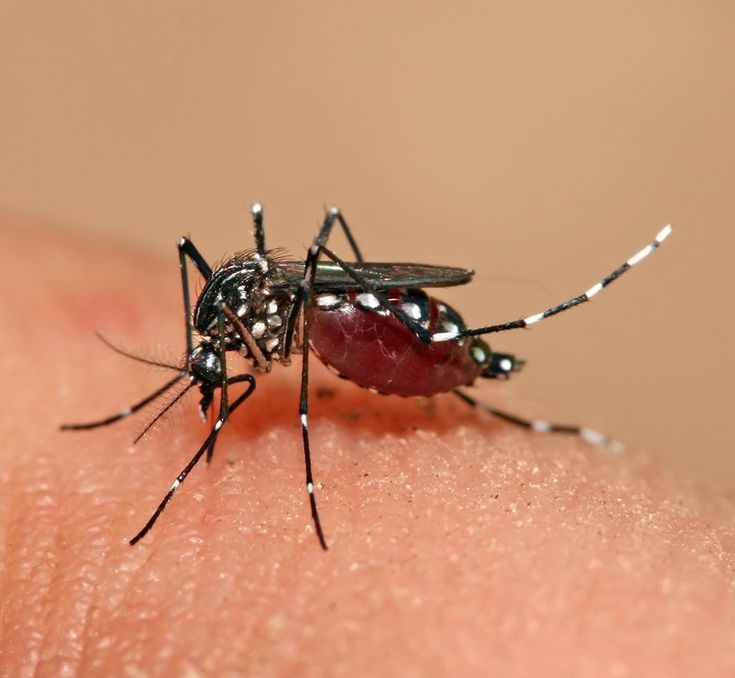As winter sets in, there’s good news for the residents of Rawalpindi and its surrounding areas: the dengue season that has caused distress for the past three months is finally coming to a close. Dengue larvae, unable to endure the cold, are disappearing, effectively putting an end to fears of another outbreak in the region. The Rawalpindi health department has reported no dengue-related deaths this year, and special wards designated for dengue patients in government hospitals are now being dismantled. While beds will still be available for any potential patients, the need for a separate ward has passed.
In a remarkable turn of events, the number of dengue patients in both government and private hospitals has decreased by 60% this year. This decline can be attributed to diligent efforts by health authorities, with inspections conducted at outdoor dengue hotspots, which have revealed a conspicuous absence of dengue larvae and mosquitoes due to the colder weather. Mosquitoes, in their search for warmth, have moved indoors, prompting the health department to conduct sprays and drives targeting hotspots as well as areas inside homes, shops, plazas, multi-storied buildings, and basements. Areas with poor ventilation and lighting have been identified as locations for targeted spraying and fogging to eliminate dengue larvae. Importantly, instructions have been issued to continue anti-dengue spraying and fogging in various buildings.
During this dengue season, private hospitals reported 13,500 dengue patients, while public hospitals provided treatment for over 15,000 patients. A total of 2,700 patients were admitted to hospitals after testing positive for dengue, and currently, 56 patients are under treatment for dengue at various hospitals.
In a proactive effort to curb the spread of dengue, the district administration filed 4,152 complaints regarding violations of dengue standard operating procedures (SOPs) during the season, and 623 properties were sealed as a result. A staggering 1,193 challans were issued, with fines totaling Rs8,471,800. House inspections were thorough, with 5,666,486 houses inspected during the season, and dengue larvae were discovered in 47,272 houses.
The dengue hotspots this year in Rawalpindi included Dhok Munshi, Chaklala, Gangal, Dhamman Syedan, Takht Pari, Gurja, Dhok Hassu, Satellite Town, and Kotha Kalan. With the conclusion of the dengue season, the authorities are set to return to routine activities starting November 1. The health department will continue its dengue campaign, while the 22 remaining departments engaged in complementary efforts will cease activity in this regard.
The people of Rawalpindi can breathe a sigh of relief as the dengue season fades away with the arrival of winter. Thanks to the collective efforts of the health department and the vigilant residents, the impact of dengue has been significantly reduced this year, and the region is now poised to transition into the upcoming smog season.













